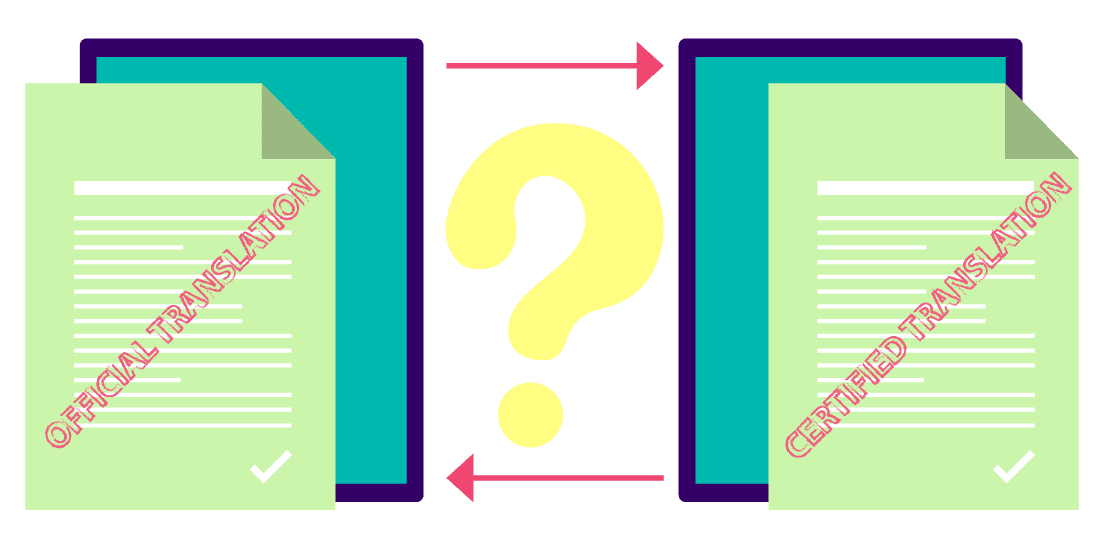
What is the difference between official document translation and a certified translation?
What is official document translation about?
An official document translation is a translation that is followed by a signed statement attesting that the translation is accurate and complete to the best of the translator’s knowledge and ability. Any translation company or translator may “certify” a translation. There are different reasons why people get a translation certified. It is important when a document is for an official purpose, the document that is usually translated are a birth certificate, marriage certificate or contracts.
A certified translation is usually referred to the official translation. There are different ways a translation can be officially certified, these depend on the country, the type and nature of the document or certificate. The official document translation of a certificate or document means that a translation can be used for either of the following purposes:
- Academic certificates, marriage divorce or birth certificate
- Transcripts for educational purpose, medical reports, diplomas, recommendation letters
- Regulatory documents such as contracts power of attorney etc.
- S. Citizenship and Immigration Services such as Employment-based VISAs, Citizenship applications, Greencard applications, Marriage-based applications
Sometimes it is important to have a document or certificate certified by an appointed officer. This is usually done by an official translator who will legally certify and stamp the document or certificate, these depend on different countries. In some countries like Argentina, you must be a sworn translator before you can certify translation, whereas in countries like the united state and the the United Kingdom there is no sworn or certified translator. Though, there are different recognized association and translation agencies.
Conclusion
There is no major difference between certified translation and official document translation services. Some countries use “certified” and “official” interchangeably. Though in some countries like Venezuela, they call them official translator and they have an official seal to back it up.

Sorry, the comment form is closed at this time.